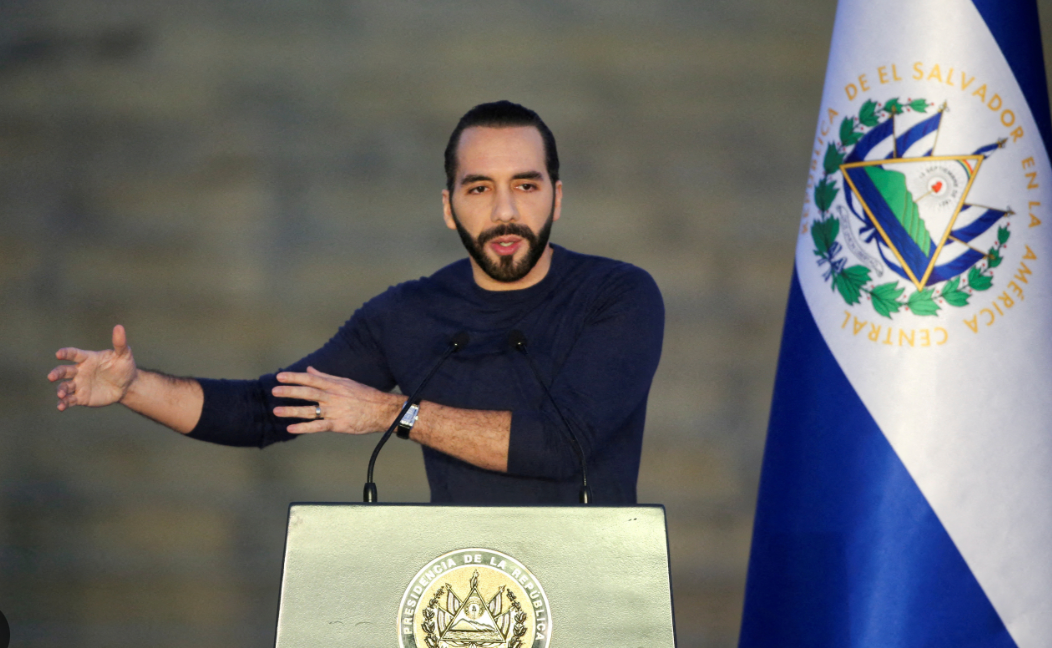El Salvador’s president, Nayib Bukele, is a polarizing figure who, despite criticism, is likely to win a second term in the upcoming election. Some view him as a hero for confronting gang violence, while others label him a 21st-century autocrat responsible for human rights abuses and power concentration. Bukele’s popularity stems from his tough stance on gangs, leading to a significant drop in the country’s homicide rate. However, concerns arise as he consolidates power, making changes to favor his party, New Ideas, and suppressing opposition.
Critics, including human rights advocates, see Bukele as a threat to democracy and fear his influence spreading to other nations facing security crises (Ecuador, Honduras and others). The president’s focus on global image rather than domestic issues like poverty and economic stagnation has sparked discontent among some Salvadorans. Despite his popularity, many feel neglected, pointing to economic struggles, food insecurity, and a perception that the government prioritizes international events over addressing core problems. As Bukele’s influence grows, both at home and abroad, concerns persist about the erosion of democratic values and human rights.






0 Comments